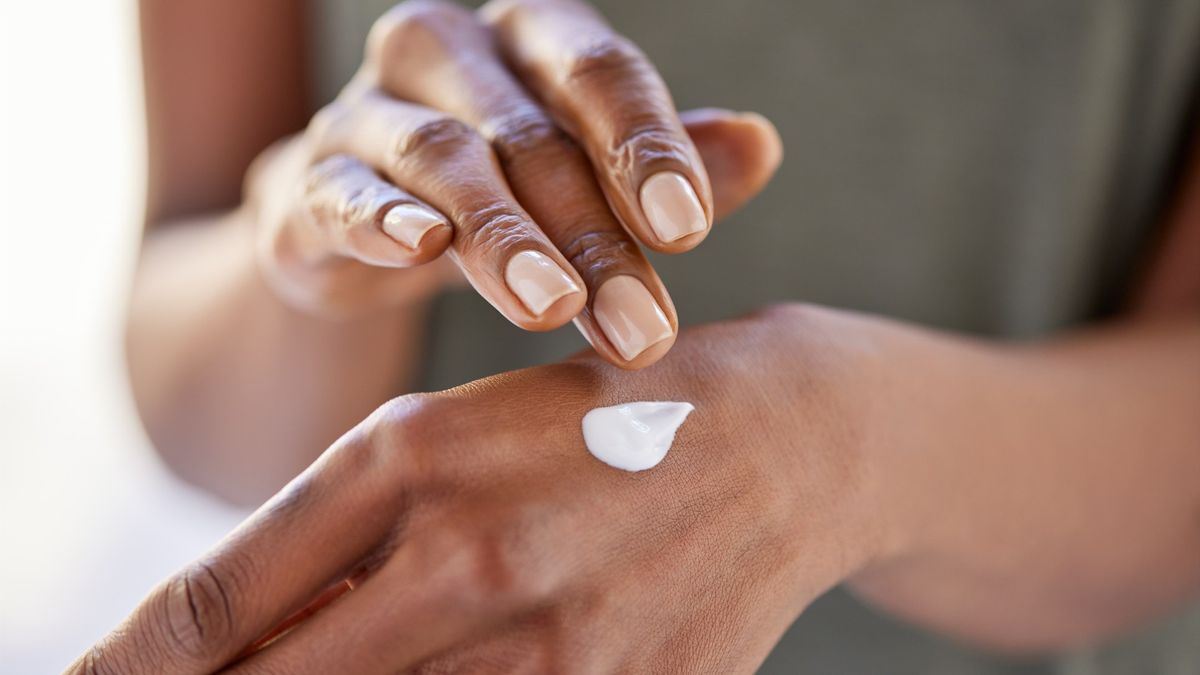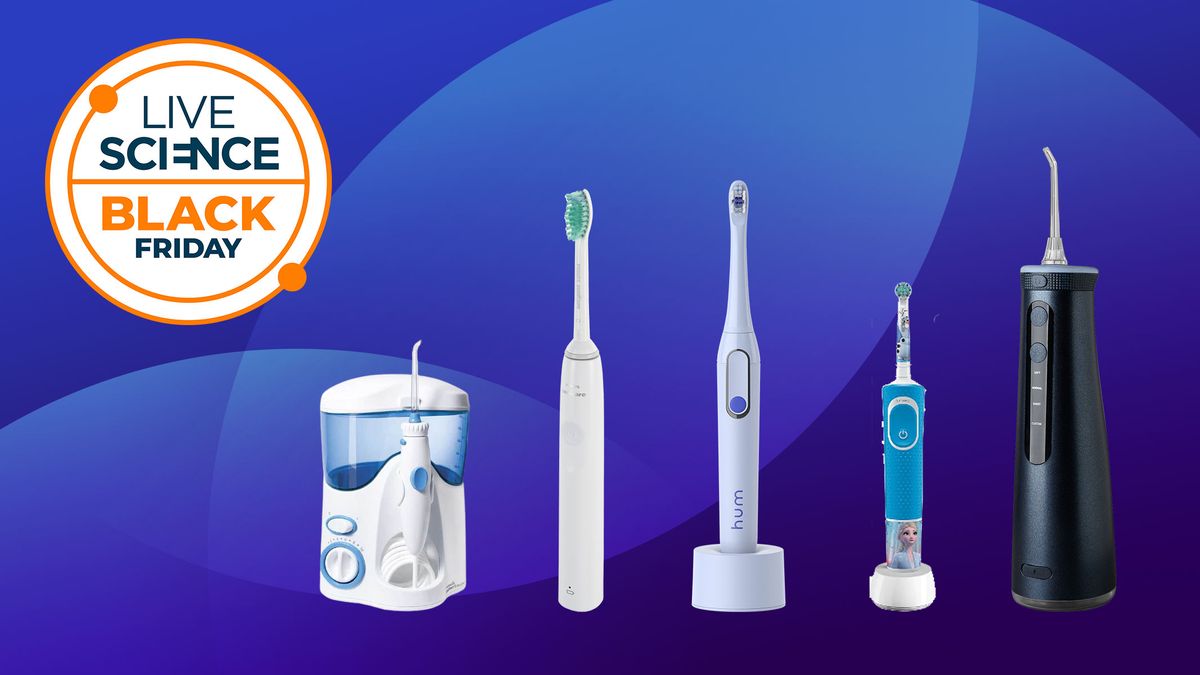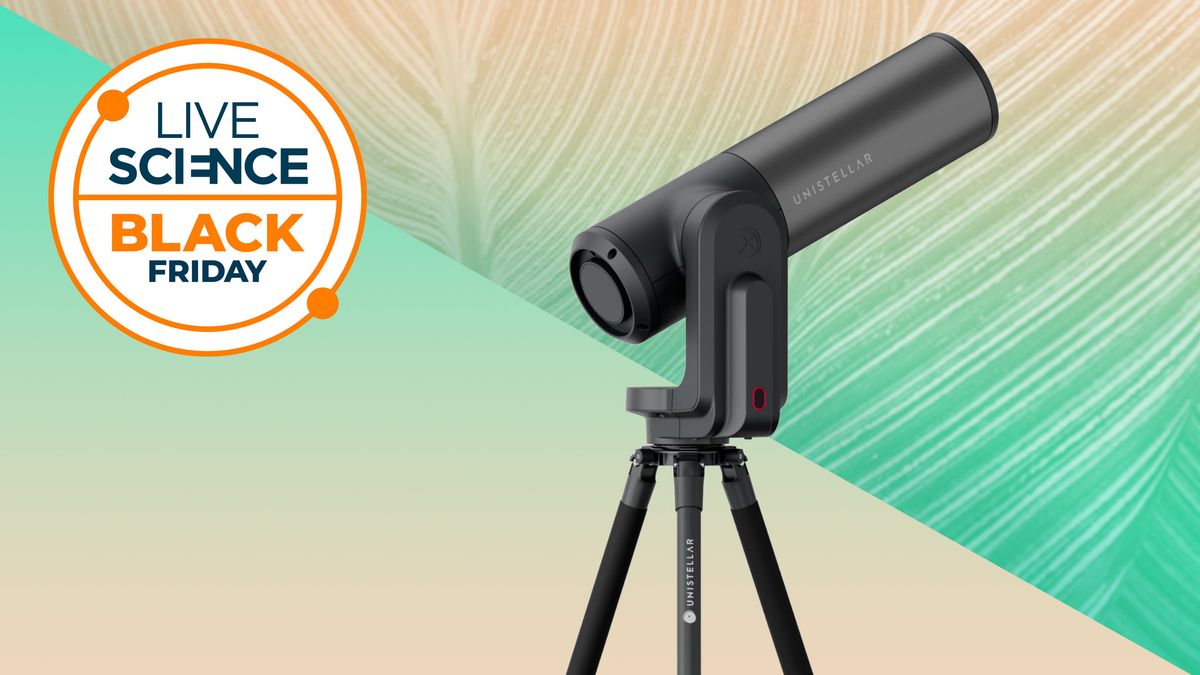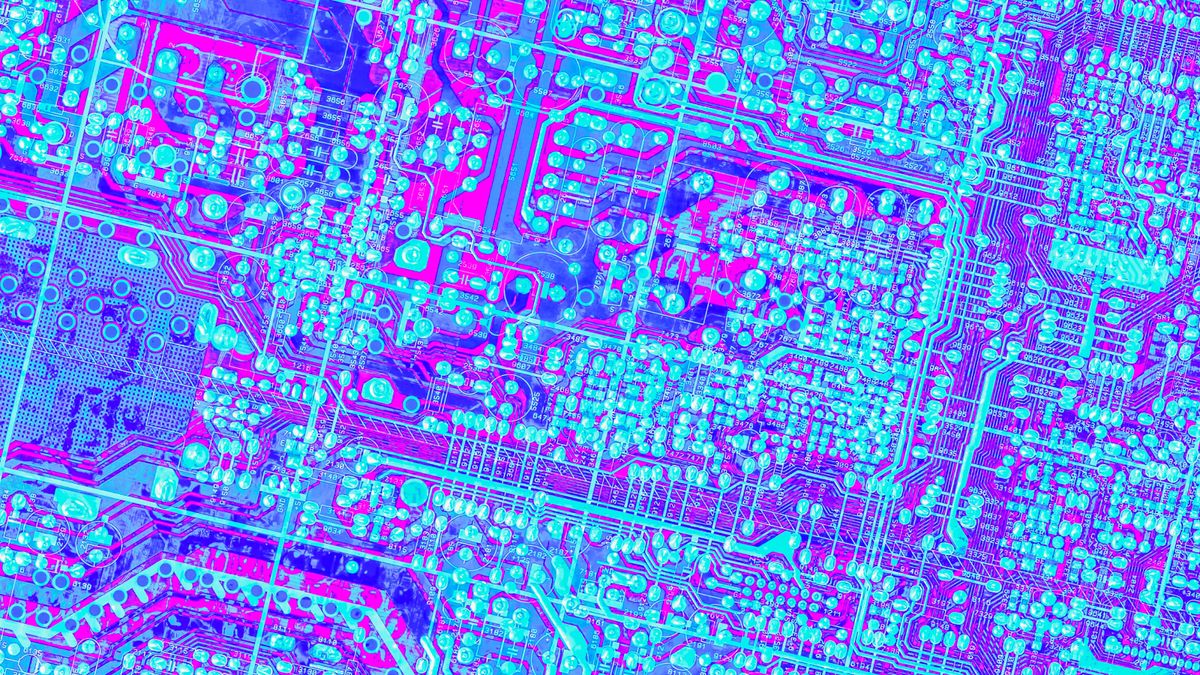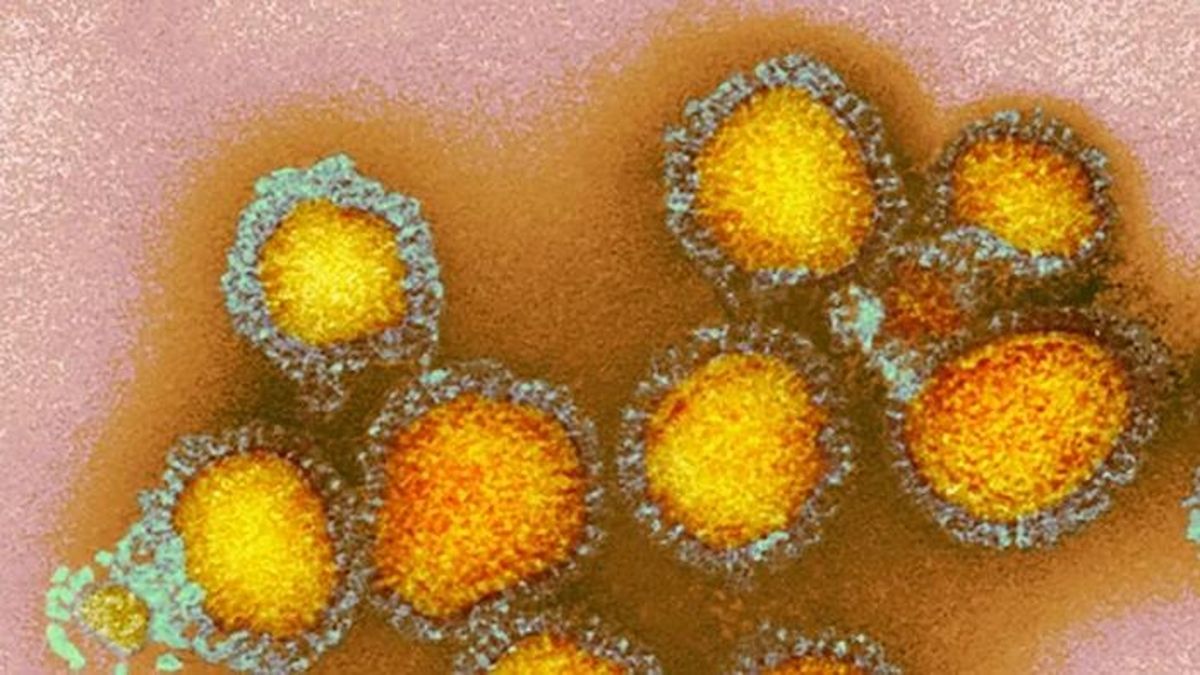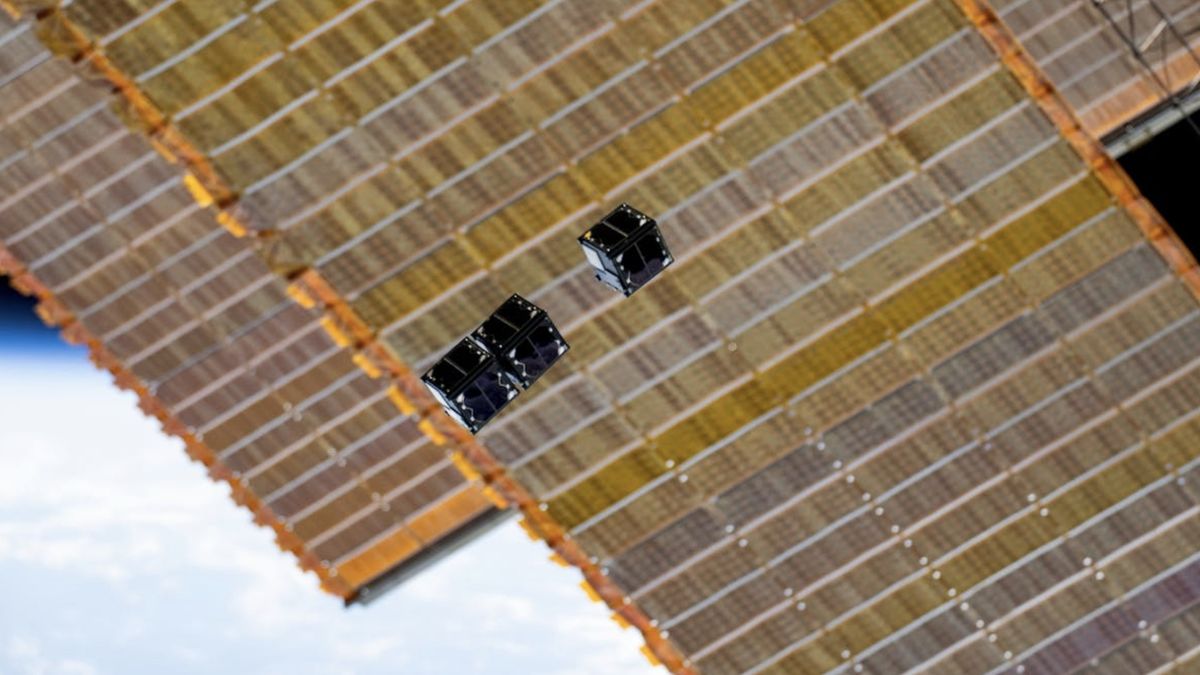Working out your muscles may help heal your nerves after injury, by encouraging those neurons to grow faster.
In a new study of mouse cells, scientists found that both the biochemical and mechanical effects of exercise may help injured nerve tissue regenerate. The finding could someday be used to treat neurodegenerative diseases, such as amyotrophic lateral sclerosis (ALS), the researchers said.
However, because the study was conducted in mouse cells, this theoretical treatment is still far from realization.
Exercise has long been described as a form of medicine due to its ability to prevent and mitigate chronic conditions, such as heart disease and diabetes. Beyond these benefits, studies in animals have shown that exercise also triggers the release of chemicals from muscles, called “myokines,” which seem to have positive effects. For example, when released from contracting muscles, a molecule called interleukin-6 can reduce inflammation and improve the uptake of sugar into cells, according to a 2014 review in the journal Integrative Medicine Research.
Related: Why is it harder for some people to build muscle than others?
Now, a recent study published Nov. 10 in the journal Advanced Healthcare Materials has revealed how exercise affects individual neurons. It showed that myokines released during exercise boost the rate at which motor neurons grow. (Motor neurons are nerve cells that control movement.)
This study is the first to show that, beyond myokines, the mechanical force of muscle contraction can also stimulate motor neuron growth.
In general, nerves have a limited ability to repair themselves. Severe injuries — such as a traumatic accident that severs several millimeters of nerve tissue — require intensive medical care and surgeries to fix, senior study author Ritu Raman, professor of mechanical engineering at MIT, told Live Science in an email.
In 2023, Raman and her colleagues found that triggering muscle contractions in mice with severe muscular injuries helped them recover and regain mobility. Simultaneously, the contractions seemed to spur the production of myokines that promoted both nerve and blood vessel growth.
However, the team needed more evidence to confirm that myokines were responsible for these changes, as some researchers suggested that other mechanisms might be involved.
So in the new study, the team grew mouse muscle cells in small sheets about the size of a quarter. The researchers genetically modified the cells so they would contract in response to light. After repeatedly flashing light onto the muscle tissue, the researchers collected the surrounding solution that the cells had grown in, which they expected to be rich in myokines.
Related: How do brain cells send messages?
When they placed mouse motor neurons into a dish with this exercise juice, the neurons grew four times faster than nerves not exposed to myokines.
In a follow-up experiment, the scientists investigated whether the mechanical effects of exercise had a similar effect on motor neurons. They grew motor neurons on a gel mat embedded with tiny magnets and used another, external magnet to gently move the mat around, simulating a muscle contracting nearby. When applied for 30 minutes a day, this stimulation drove the neurons to grow as much as those exposed to myokines, and they significantly outgrew neurons that received neither stimulation nor myokines.
Based on the results, the researchers believe that the intensity of muscle contraction might influence the degree of motor neuron growth.
“We only tried one exercise training regimen in this paper, but I think different types of exercise could have different kinds of impacts on motor neurons,” Raman said. “This is something we’re interested in studying further in the coming years.”
In the long run, Raman hopes this research can be used to enhance current therapies for nerve repair. However, further studies are needed to determine whether myokines could effectively treat neurodegenerative diseases like ALS. Her lab is actively investigating this question now.
Ever wonder why some people build muscle more easily than others or why freckles come out in the sun? Send us your questions about how the human body works to [email protected] with the subject line “Health Desk Q,” and you may see your question answered on the website!







